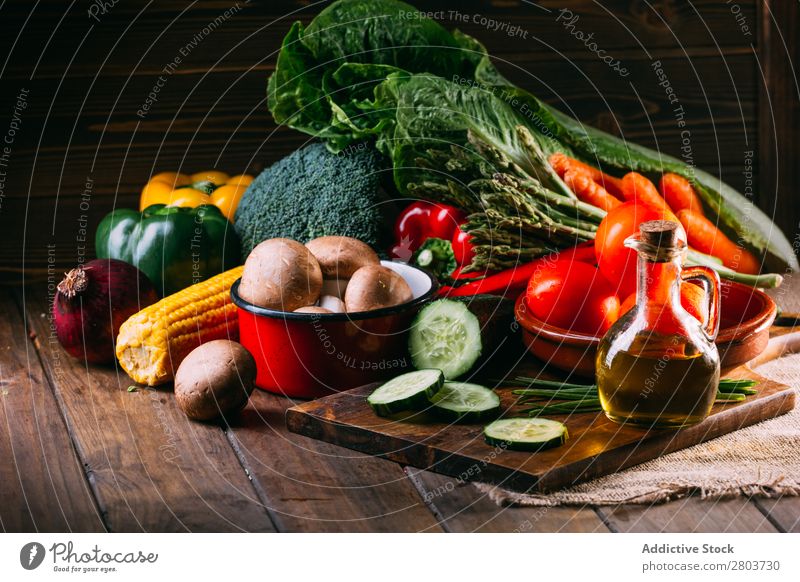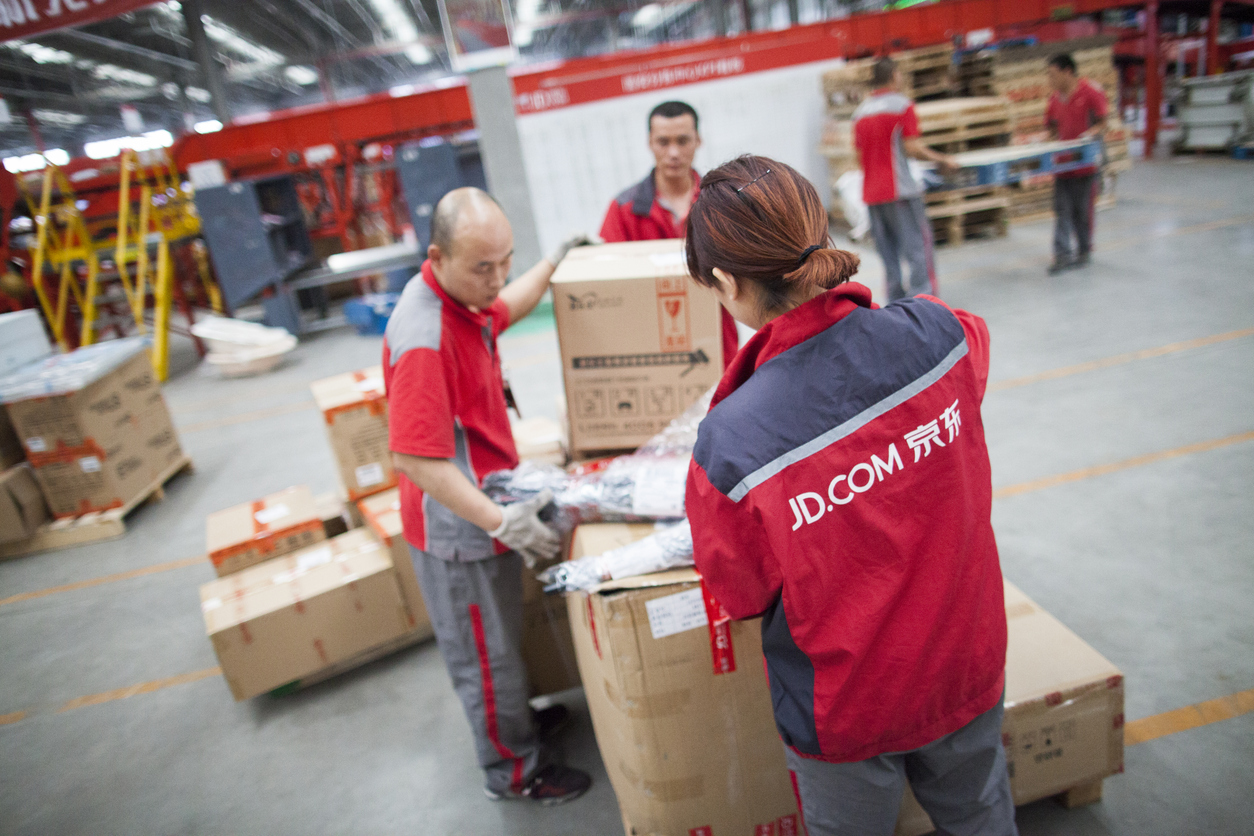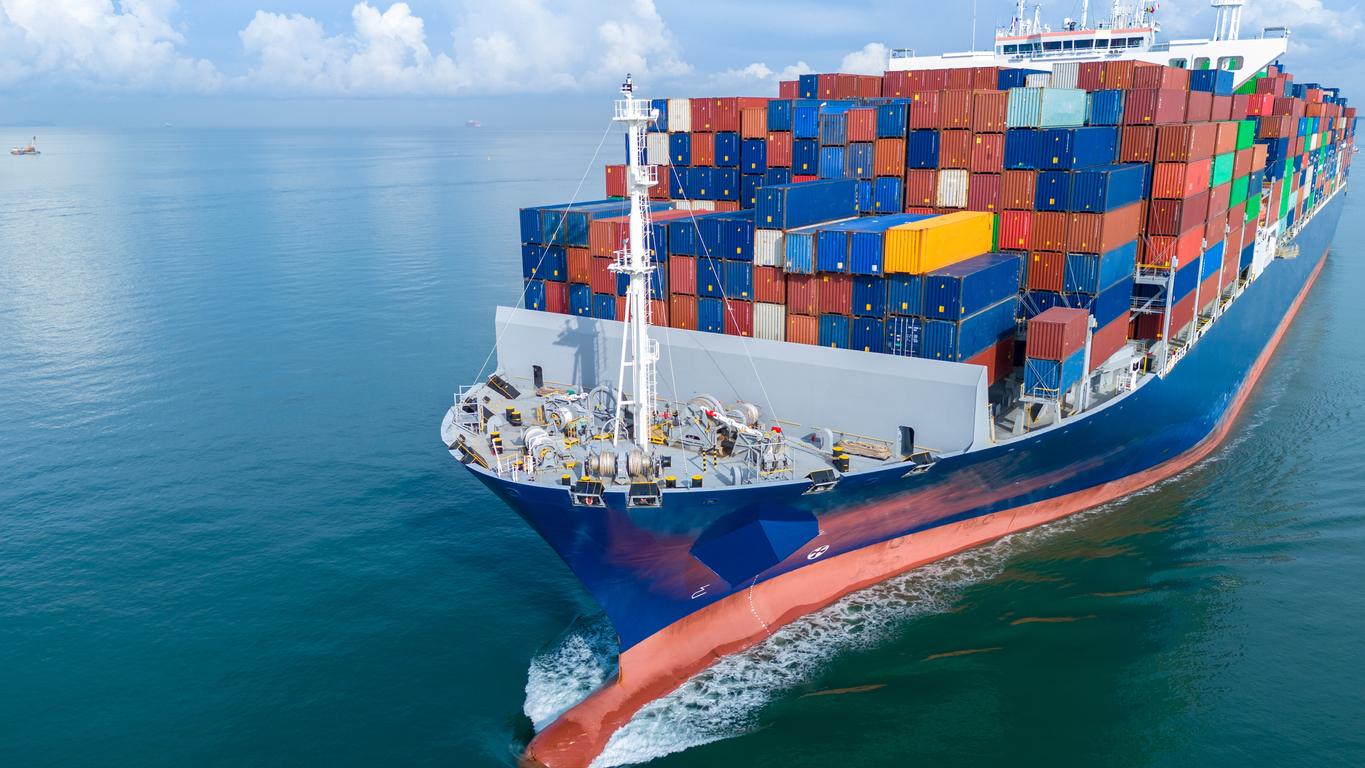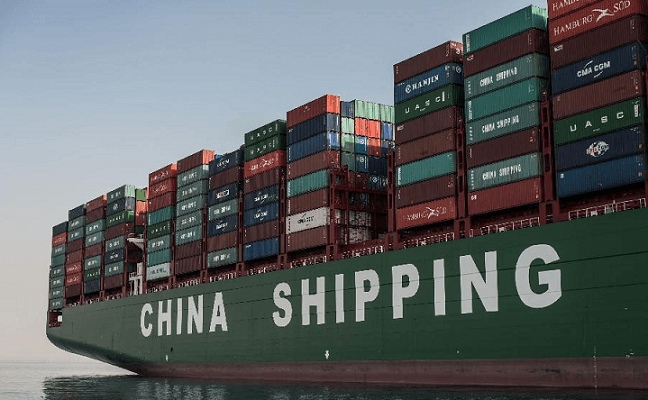How to Buy and Export Other Vegetable Products from Kenya
How to Buy and Export Other Vegetable Products from Kenya
In the past few years, demand for Kenyan vegetables has skyrocketed. The country’s agricultural industry has responded by increasing its output of high-demand vegetables like tomatoes, onions, and cabbage. However, there is a lot more that Kenya can do to further develop its vegetable export market. This article will explore how you can start buying and exporting other types of Kenyan vegetables to meet growing global demand. Additionally, we will share insights into potential new crops that could be grown profitably in Kenya. Keep reading to find out more.
What You Should Know Before You Start Exporting Vegetables
To understand why you should focus on other Kenyan vegetables, it helps to know a bit about the vegetables industry. First, the global produce market is expected to hit $1.2 trillion by the year 2022. That is a 15% increase from 2017, driven by rising consumer demand. Additionally, the growing popularity of veganism has made plant-based products more desirable. These factors make the produce industry a lucrative place to operate in. However, there are also certain limitations that you need to be aware of as well. The produce market is highly competitive. And, there are certain types of produce that are in higher demand than others. For example, Asian countries like China and India heavily rely on imports for fruit.
Which Other Kenyan Vegetables Have Potential for Export?
There are a number of other Kenyan vegetables that could be profitably exported. For example, you could export standard potatoes from Kenya’s highlands region. This region has ideal conditions for cultivating potatoes. Potatoes are already a well-known Kenyan export. However, production in the country has been declining. This is largely due to a shortage of fertilizer. As a result, the country’s potato export has dropped from 1.5 million tons in 2013 to just under 1 million tons in 2017. Standard potatoes have the potential to be a profitable alternative for Kenyan farmers. You could also look into exporting high-value tropical fruits from Kenya. This includes avocados, mangos, and pineapples. In fact, avocados have been steadily increasing in popularity in the global produce market. Avocado sales in the United States, for example, grew by a whopping 90% from 2013 to 2018.
How to Find the Right Kenyan Produce Exporters
Now that you know the types of produce that you want to buy and export, you will need to find the right exporters. When you go online to search for produce exporters in Kenya, you will find numerous companies. Not all of them will be right for your needs, though. When you are searching for produce exporters in Kenya, you want to make sure you find ones that meet the following criteria: – An established company with a proven track record of success – A reliable payment history – A good reputation in the industry – Ability to meet your expected volume of produce – Extensive expertise in the types of produce you want to buy – Can meet your quality and safety standards – Adequate warehousing and shipping operations – Able to provide a competitive price for the produce you want to buy – Will work with you to set realistic expectations regarding timelines and logistics – A good communication style that matches your timeline and needs
Tips for Finding and Storing Fresh Produce for Exporting
To ensure that your produce arrives at the destination location in top condition, you need to start with the right sourcing practices. Here are a few tips for finding and storing fresh produce for exporting: – Identify sourcing opportunities where you can find high-quality produce at a low cost – Choose the type of packaging that can best control the condition of the produce – Find cold storage facilities that can help keep your produce fresh – Develop a distribution plan that minimizes the time your produce spends in transit – Make sure your exporters can handle the logistics of shipping your produce – Make sure that your suppliers follow proper handling and hygiene practices – Be aware of any food safety regulations that might apply to your region – Be prepared to handle unexpected delays in shipping that will impact the quality of your produce – Make sure that your shipments are properly insured against any potential issues
The Different Steps to Import and Export Produce from Kenya
Now that you have the produce that you want to import, you need to make sure that the process goes smoothly. The best way to do this is to partner with a company that has extensive experience in the produce industry. Working with an expert logistics partner gives you access to their knowledge and resources. It also reduces the risk of encountering problems in the flow. Here is a quick overview of the various steps in the import and export process: – Finding the right produce exporters – Finding the right shipping lines – Making sure your supply chain is efficient – Importing and customizing the produce – Storing and transporting the produce – Marketing and selling the produce – Tracking and auditing shipments – Managing logistics and payments – Making improvements to improve the process – Growing your produce export business
Final Words: Is Kenya’s Vegetable Industry Ready to Grow?
The Kenyan vegetable industry has huge potential. The country has ideal conditions for growing many different types of produce. And, other countries are also starting to recognize the advantages of sourcing produce from Kenya. Now is the perfect time for you to get involved in the produce industry in Kenya. You can start by buying and exporting the types of produce that have been successful in the past. You can also invest in other types of produce that are on the rise. This can help you build a long-term profitable produce export business.








LEAVE A COMMENT
You must be logged in to post a comment.